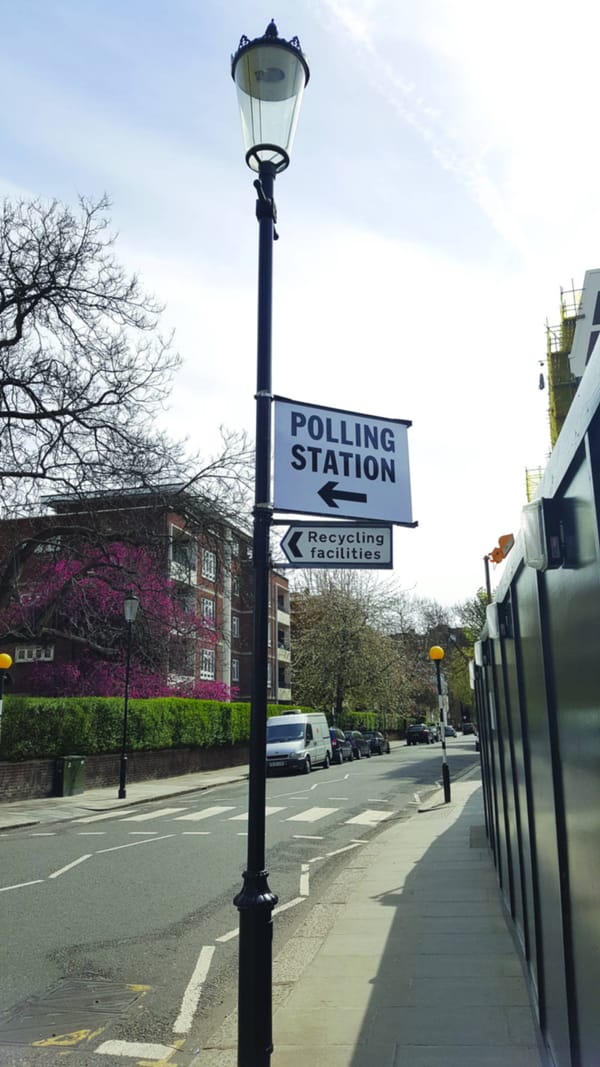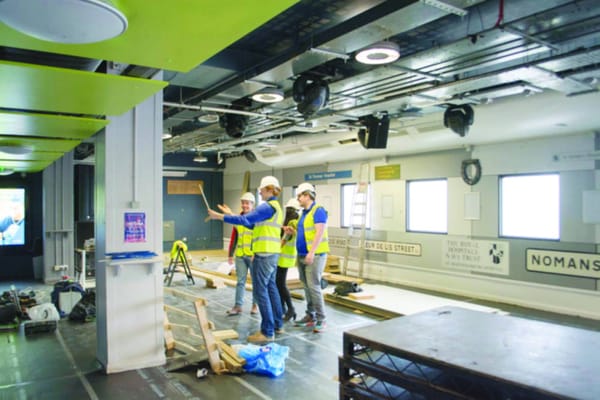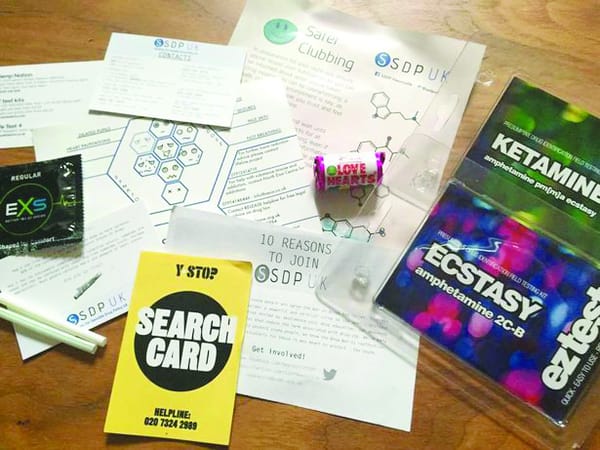Imperial to spread medic bursaries out across all six years
This comes a year after the survey that said 97% of final year students were in the red

Yesterday it was announced that Imperial’s bursaries for medics will be spread out over all six years of study instead of just the first four. This is in a bid to ease the financial hardship that notoriously occurs in the final years of a medical degree.
Currently, medical students can get up to £6000 per year of Imperial bursary, but only during the first four years of their degree. Now, that same amount will be spread over the whole six years. This will mean students get less money per year, but could help them manage their money better over the first four years, so they are better off in the last two years of study. The change will only affect students starting their studies from this September. Current students will still only get funding over the first four years.
The financial pressure on fifth and sixth year medics came to light last year in an ICSMSU survey.
It found that 87% of these students had financial concerns, half had a part-time job to support themselves, and one in three said their parents were unable or unwilling to offer financial help.
In the final two years of the degree, medical students’ maintenance loans are also reduced, and the future of these payments is unclear.
ICU’s Deputy President (Welfare), Jennie Watson, who is also a medic, told FELIX: “These changes will help a huge number of medical students in the future but there is still plenty to be done.”
“The Faculty of Medicine and ICSMSU are working on ways to support current students not eligible for the Bursary Spread scheme as they head towards years 5 and 6”.








